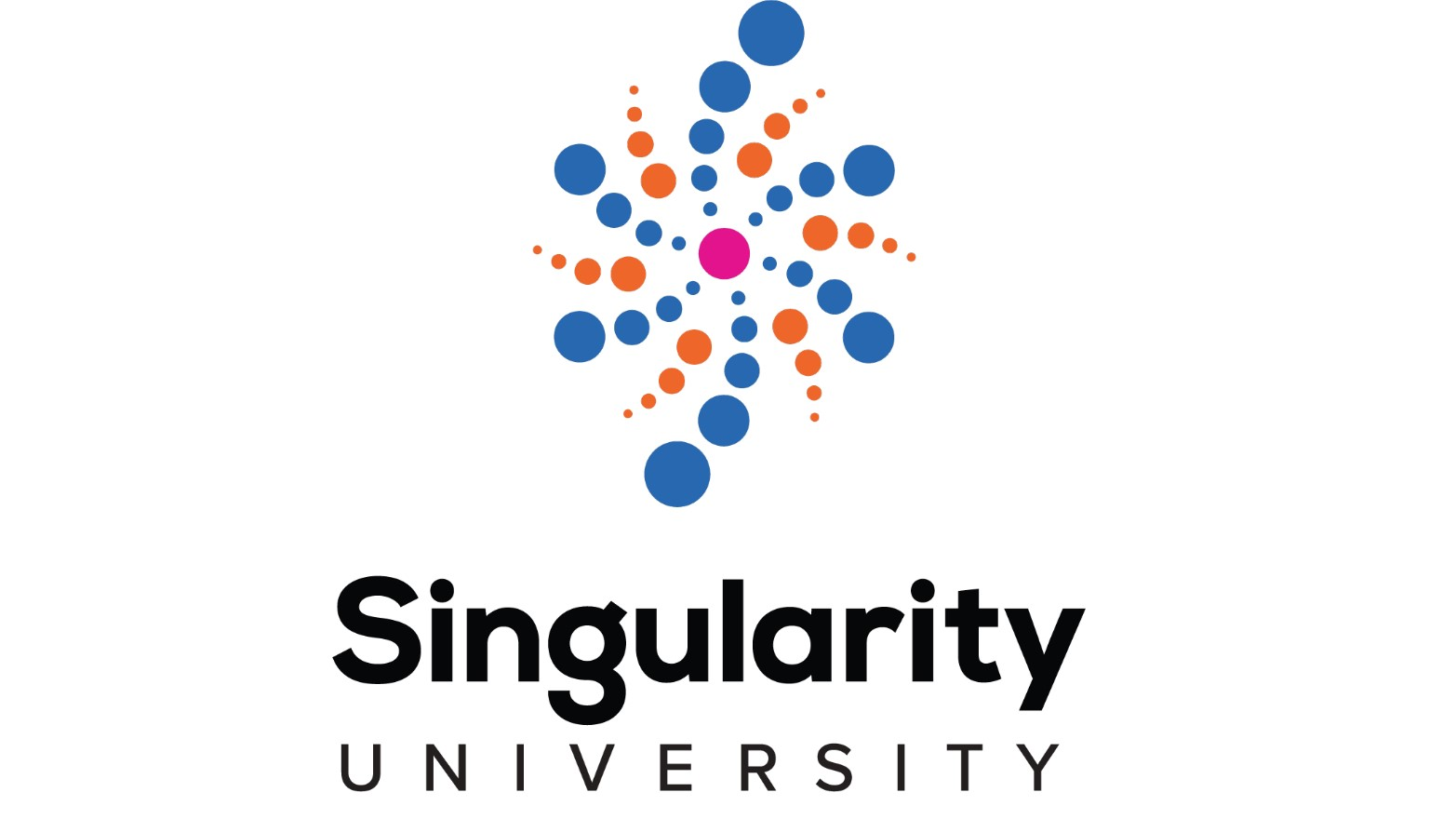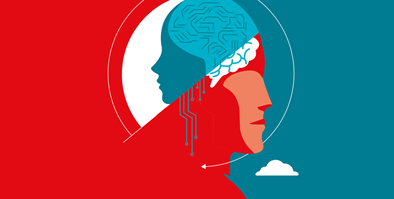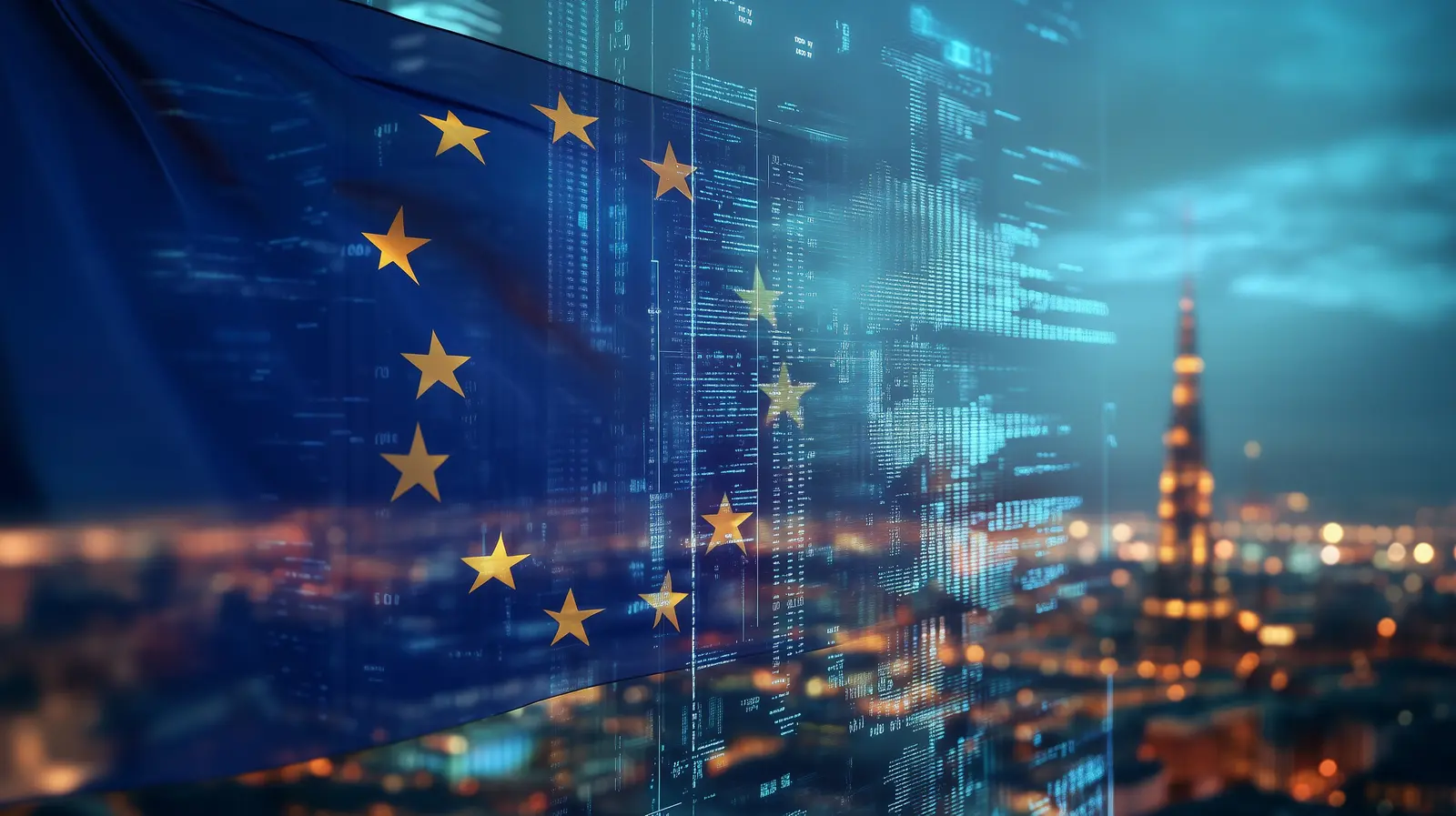A speech by Joakim Reiter, External Affairs Director, Vodafone Group to the SingularityU Summit in Greece, 24th November 2020
This year’s event carries the theme “Unlearn”.
It is timely and vital. The pandemic has forced this concept upon every one of us, every business, and every government around the world.
So what lessons have we drawn in the technology space? What unlearning should this devastating crisis have taught all of us?
During the crisis, we learned that connectivity is sacrosanct. The crisis reminded us that basic connectivity is a lifeline for everyone…to work, to communicate, to learn.
Early in the crisis, usage of our fixed networks soared by over 50% above normal. Vodafone’s 5-point recovery plan ensured that we could maintain speedy-connectivity for consumers, businesses, the education sector and the health care sector. We stepped up and zero-rated education, provided additional business support, connected hospitals, care homes and COVID-wards, protected vulnerable customers – all while maintaining high-quality connectivity.
Rightly so, we are immensely proud of our response. Together with governments and industry partners, we kept societies connected.
Yet, collectively – as international community, governments and industry alike – we also failed.
We have now a “lockdown generation” of children who have lost out on education. UNICEF estimates that at least a third of the world’s school children were unable to access remote education during the lockdowns.
Many businesses, especially SMEs, have been crippled by the lockdowns. The OECD estimates that more than half of SMEs face severe losses in revenue due to COVID 19, with one third fearing for their future.
Evidence shows that up to 50% of excess deaths in some regions are recorded as non COVID-19 – due to people being scared to go to hospital, treatment delays and overstretched workforces.
COVID-19 has taught us a hard lessons about the immense value, and absolute necessity, of democratising technology.
Before the crisis, society was fixated with the latest tech advancement, the new shiny toy. Blockchain. Quantum computing. AI.
Of course, these still matter. But for technology to be truly democratised, we need to get the basics right.
This starts with connectivity, for everyone, everywhere.
And the disappointing fact is that Europe’s digital infrastructure is not good enough.
In Europe today, 10% of households in rural areas are not covered by any fixed network and 41% are not covered by any NGA technology.
If people live outside urban areas, they cannot work remotely or access adequate online education.
In 5G, Europe is also falling behind the pioneering countries globally, with a clear lag in the launch of 5G commercial services: more than half the EU 27 has yet to launch such services.
There is unfortunately a very simple reason behind this: Europe has, for too long, struggled with a lingering and widening connectivity investment gap, now above €40bn per year (in 2020).
This, in turn, is due to Europe being uniquely unattractive to invest in: returns on capital employed have halved for the entire connectivity sector over the past decade and also consistently fall far short of the cost of capital.
This must change.
We must “unlearn” and “rethink” the policy approach to the sector. We are in a hole. We must have the courage to change tack, to focus on putting the limited capital to use where it helps all of our people the most.
This requires from all of us to recognise that:
Firstly, Europe needs a healthier market structure that offers adequate scale, for sure at EU level, but also locally;
Europe needs spectrum policy and auctions that prioritise investments and sustainable competition. Greece is a role model for this approach, in keeping spectrum fees low in order to promote investment by operators and in ensuring that part of the proceeds will be used to promote and fund innovation and 5G applications in sectors that are critical for the Greek economy.
Europe needs to aggressively reduce network deployment costs, including by having a clear policy that promotes pro-competitive mobile network sharing.
Europe needs to get to a common approach, and common rules, on 5G Security, implementing the EU toolkit at the same time as taking a leading role in driving vendor diversity, through OpenRAN development and deployment.
All of this demands that Governments and industry collaborate to ensure Gigabit Networks are available for all.
With strong foundations, we can democratise technology in every quarter of society – for businesses, governments and people.
But universal access to modern and future proof digital infrastructure will, in itself, not be enough.
Yes, the best digital highways that connect the whole country are important; but without the skills, training and digitisation of businesses and government, we will be doing the equivalent of driving a Lada on a motorway.
Europe is home to more than 25 million small businesses representing over 99% of Europe’s businesses. They are less digitised than large companies. Those SMEs that are more digitised have been more resilient in this crisis and have better opportunities to grow going forward.
In fact, there are more than 1.2 million small European businesses that have not digitalised at all. If just 100,000 did so, it would lead to a total increase in turnover of almost €150 bn. This would not only save businesses and jobs, but would also help European countries exit quickly from this crisis. This is why we, at Vodafone, have launched VHub, an advisory service to help our 3.75 mio SME-clients on their digitisation journey.
More can be done to ensure essential government services are available digitally.
Digitisation of healthcare services can democratise access to healthcare in ways never before imagined. [eHealth has the potential to deliver significant benefits to healthcare delivery in Europe and out-of-hospital care, enabling more efficient use of resources, better reach to patients and improved quality of care.] And, importantly, it can help us clear the massive health backlog caused by COVID.
In Greece, for example, Vodafone has developed a remote patient monitoring solution through the Vodafone Telemedicine Programme. Through this solution, residents of remote areas can visit regional clinics and health centres, where the programme is implemented, and carry out free basic preventive medical examinations, such as cardiogram and spirometry. Doctors then provide their advice immediately and quickly. The tests included in the program, supported by evidence from clinical trials, enable the assessment of cardiovascular risk for the next decade.
However, the transformation of businesses, of healthcare services and of other government services requires significant change in mindset, behaviours, capabilities and capacities. Again, to “unlearn” and to develop new skills.
This is no easy task.
42% of European citizens lack basic digital skills. 37% of people in the labour force – farmers, bank employees, government officials, doctors and factory workers – are among the digitally illiterate. Europe also has serious shortage of skilled ICT specialists to fill the growing number of job vacancies in all sectors of the economy.
Europe must modernise and accelerate eEducation and training systems.
This means better connectivity for schools and digital skills training on a lifelong learning basis to enable workers to adapt better to change.
European Governments must ensure that everyone has the digital skills they need for the continent to flourish.
If we get these building blocks right, we will have democratised technology for everyone.
This is where 5G comes in.
5G is a key asset for Europe to compete globally.
A review of 5G use cases (conducted by IHS Markit) estimated that global rollout of 5G could enable an increase in global output across sectors of $12.3 trillion by 2035.
Already, Vodafone has invested around €5 billion in 5G spectrum across the EU, and we have begun rolling out 5G services in over 100 European cities across several Member States.
We are also investing in crucial 5G deployment use cases to deliver real benefits to European businesses.
For example, in manufacturing, 5G can drive greater efficiency and productivity through the use of more data from sensors, mixed reality aids for workers, and automation aides. A recent study has even found that 5G could increase global manufacturing GDP by 4% in 2030.
In agriculture, 5G can deliver higher yields, lower costs, and provide greater resilience and sustainability, benefitting rural communities. Another study found that 5G could deliver a 4-9% productivity improvement, depending on agricultural sub-sector.
In turn, smart cities, manufacturing, digitising business and government will support the green transition. Smart Energy Meters empower businesses, municipal authorities and households to monitor, manage and reduce their energy use.
Vodafone has over 12 million smart meter connections using IoT technology, saving an estimated 1.6 million tonnes of CO2e.
Smart cities improve the efficiency of energy-intensive services like public transport, public road networks and street lighting. In Guadalajara, Spain, 13,500 LED lights were connected to a central management system, cutting street light energy consumption by 68%.
At Vodafone, we are so convinced of the power of “Digital for Green” that we have publicly committed to save 350 micro tons of CO2 between 2020 and 2030, mainly through 5G and IoT – equivalent to the annual emissions of the UK or Italy.
This future is already here.
Now, we now have a rare chance opportunity to make it permanent, using European NextGeneration Funds.
The NextGeneration EU programme should catalyz the economic recovery. It should ensure a strong balance between reforms and public and private investments.
It should also directly close the societal divides exposed by this awful virus.
This will create a stronger Europe where economic performance is more evenly distributed, resulting in new jobs and growth.
The minimum allocation of funds – 37% to green and 20% to digital - is an excellent starting point.
But we can and should be even more ambitious.
Vodafone is committed to forging a new social contract. As Europe’s largest mobile and fixed operator, we want to lead to deliver a future inclusive and environmentally sustainable digital society. We have pledged to build Trust, promote Fairness and exercise Leadership.
We embrace this pledge. But we cannot achieve this alone.
We invite the industry at large, regional and national governments, EU institutions and other stakeholders to join us. With this new ambitious partnership, we can find new ways to tackle our common challenges and find new solutions.
Only then will we eradicate digital divides. Only then will we ensure the whole of Europe has world-leading gigabit and 5G connectivity. Only then will every Euro of public money that is spent through the Recovery and Resilience funds deliver the maximum return. And only then will we chart a new, better course for all Europeans.
To reinvent the world after COVID-19, we must “unlearn” what is important, facing up to our experiences during this crisis.
What we have has to “relearn” is that connectivity – and digital technology – is critical for everyone. Democratising technology must be the rallying call going forward.
The right approach to heralds jobs and economic growth.
The right approach strengthens our economies, making them more resilient, sustainable, and inclusive.
For every company, for every government, this horrible pandemic has shown us that there is much more to do.
Now, we must embrace the future and “unlearn” the past.
Plato, the Greek philosopher, said “The measure of a man is what he does with power.”
We have the power now to change history for the better.
The power to wipe out digital divides. The power to inspire and to create.
Let us together meet the moment.
This speech was delivered by Joakim Reiter, External Affairs Director, Vodafone Group to the SingularityU Summit in Greece, 24<sup>th</sup> November 2020.

























